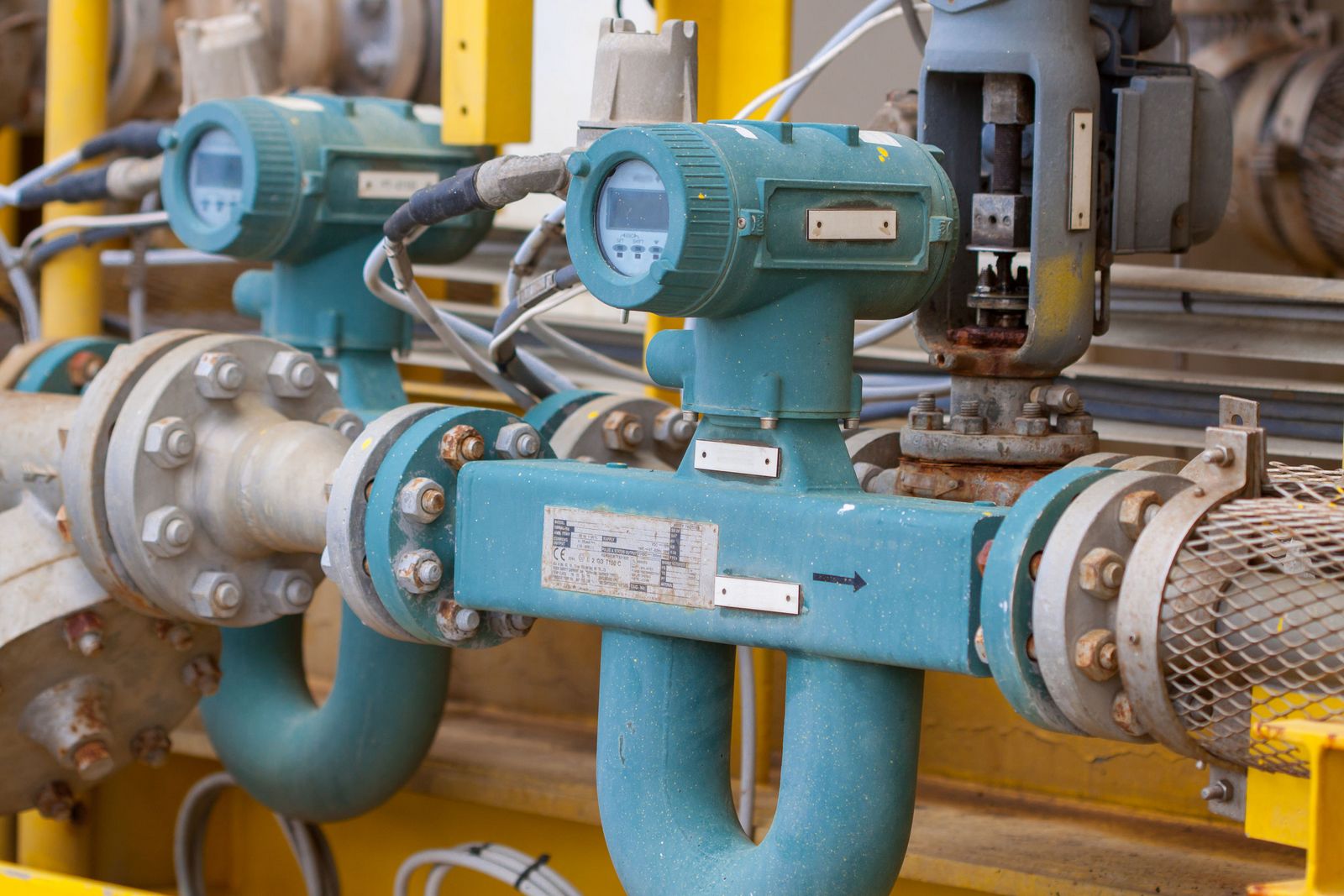
Instrumentation is a collective term for measuring instruments that are used for indicating, measuring and recording physical quantities. Instrumentation Engineering
is the engineering specialization focused on the principle and operation of measuring instruments that are used in design and configuration of automated systems in areas such as electrical and pneumatic domains, and the control of quantities being measured. They typically work for industries with automated processes, such as chemical or manufacturing plants, with the goal of improving system productivity reliability, safety, optimization and stability. To control the parameters in a process or in a particular system, devices such as microprocessors, microcontrollers or PLCs are used, but their ultimate aim is to control the parameters of a system.
A pressure sensor is a device for pressure measurement of gases or liquids. Pressure is an expression of the force required to stop a fluid from expanding, and is usually stated in terms of force per unit area. A pressure sensor usually acts as a transducer; it generates a signal as a function of the pressure imposed. For the purposes of this article, such a signal is electrical.
A temperature sensor is an electronic device that measures the temperature of its environment and converts the input data into electronic data to record, monitor, or signal temperature changes.
A Flow sensor is an electronic device that measures or regulates the flow rate of liquids and gasses within pipes and tubes. Flow sensors are generally connected to gauges to render their measurements, but they can also be connected to computers and digital interfaces. They are commonly used in HVAC systems, medical devices, chemical factories, and septic systems. Flow sensors are able to detect leaks, blockages, pipe bursts, and changes in liquid concentration due to contamination or pollution.
